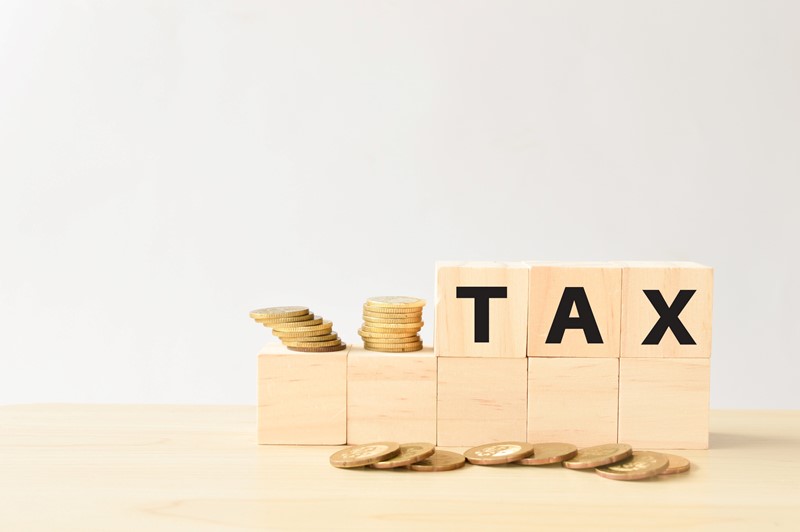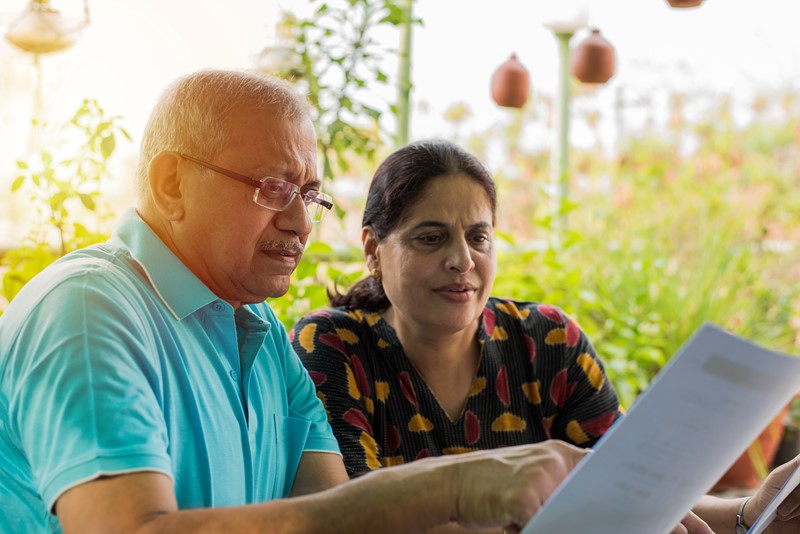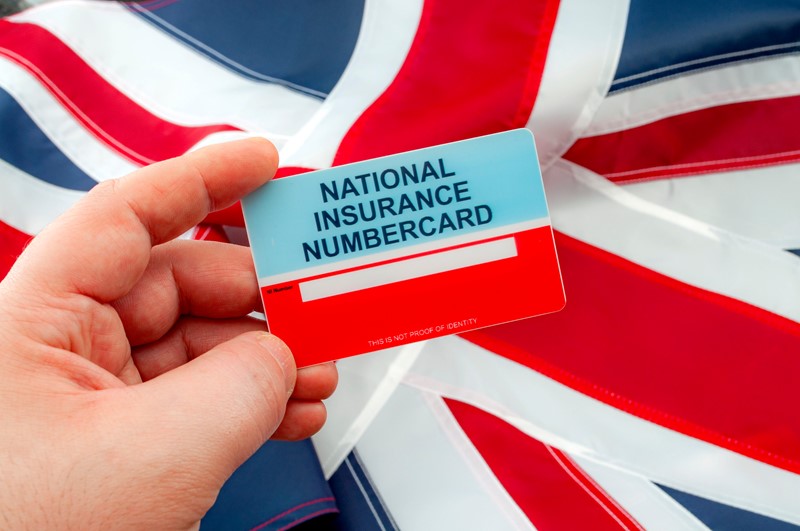The Gift Aid scheme is available to all UK taxpayers. The charity or Community Amateur Sports Clubs (CASC) concerned can take a taxpayer’s donation and, provided all the qualifying conditions are met, can reclaim the basic rate tax which provides an extra 25p for every pound donated to charity.
Higher rate and additional rate taxpayers are eligible to claim tax relief on the difference between the basic rate and their highest rate of tax. This can be actioned through their Self-Assessment tax return or by asking HMRC to amend their tax code.
For example:
If a taxpayer donates £500 to charity, the total value of the donation to the charity is £625. The taxpayer can claim additional tax back of:
- £125 if they pay tax at 40% (£625 × 20%),
- £156.25 if they pay tax at 45% (£625 × 20%) plus (£625 × 5%).
Taxpayers should be aware that one of the conditions of qualifying for tax relief is that you must have paid enough tax (or any tax) in the relevant tax year. The rules state that your donations will qualify for tax relief as long as you have not claimed more than 4 times what you have paid in tax in that tax year. If you have claimed more tax relief than you are entitled to you will need to notify the charity and pay back any excess tax relief to HMRC.
Taxpayers can also give money to charity from their wages using the payroll giving scheme. The scheme allows taxpayers to make a tax free donation to charity directly from their pay or pension if their employer runs a payroll giving scheme, approved by HMRC.
At Spring Budget 2023, the government announced that with effect from 15 March 2023, tax reliefs and exemptions for charities will be restricted to UK charities. Any non-UK charities that were registered with HMRC for tax reliefs and exemptions as of 15 March 2023, can continue to claim tax relief until 5 April 2024. This means that from April 2024, taxpayers will no longer be eligible to claim UK tax relief on donations to these non-UK charities and the charities themselves will be unable to claim Gift Aid.












